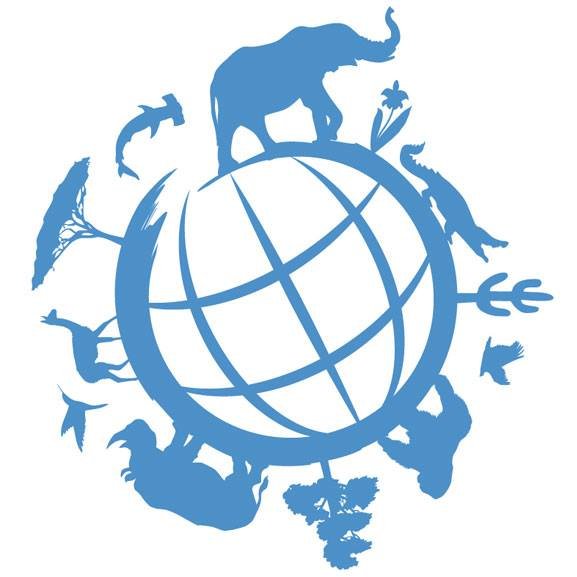On December 20, 2013, the UN General Assembly adopted a resolution, marking a significant date on the global calendar by declaring March 3rd as World Wildlife Day.
“We depend on nature.
— United Nations (@UN) March 3, 2024
Let’s show that nature can depend on us – and act now to protect it.”
– @antonioguterres on Sunday’s #WorldWildlifeDay. https://t.co/4AunmIOiiD pic.twitter.com/SUNR595z0Y
The purpose of celebrating this day is to acknowledge the presence of many beautiful and varied forms of wild fauna and flora and to raise awareness of the multitude of benefits that their conservation provides to people.
Concurrently, the day reminds us of the pressing need to step up the fight against wildlife crime and human-induced reduction of species, which have wide-ranging economic, environmental, and social impacts.
“We have to speak up on behalf of those who cannot speak for themselves,” as written by Australian moral philosopher Peter Singer in his famous book Animal Liberation.
WWD2024 Theme
This year, it takes center stage with the theme “Connecting People and Planet: Exploring Digital Innovation in Wildlife Conservation.” This theme recognizes the impact of digital interventions on ecosystems and communities in an increasingly connected world.
It focuses on digital innovation and emphasizes how digital conservation technologies and services can drive wildlife conservation, sustainable and legal wildlife trade, and human-wildlife coexistence.
We are living in a world where technological revolution no longer remains a buzz word. In the 21st century, we have witnessed its pace and its role in dismantling barriers to people-centered digital governance and equal opportunities.
The ‘digital divide’ is gradually shrinking, with improved connectivity and Internet access now reaching 66 percent of our global population.
On account of this technological advancement, various aspects of wildlife conservation experience significant improvement, including research, communication, tracking, and DNA analysis.
Also Read: International Mother Language Day 2024
World Wildlife Day 2024 would provide an opportunity for cross-generational exchange and youth empowerment. Through art, presentations, and discussions, it focuses on the opportunities for sustainable digital wildlife conservation.
It encourages exploration of existing digital innovations, addresses intersectional discrepancies, and envisions inclusive digital connectivity for all people and the planet.
On March 4 2024, a high-level event will take place at United Nations Headquarters in New York in celebration of this significant day. It will feature high-level speakers, multimedia performances, and presentations to highlight the latest and most impactful conservation technologies.
On the other hand, experience and ideas shared by experts from around the world on sustainable digital innovation for wildlife conservation will be a desirable addition.
A dedicated student of International Relations at the University of Karachi (UOK), and a passionate explorer of Long-form Journalism. She is keen to understand the changing dynamics of International Affairs and how states use multi-vector foreign policy in a contemporary era to acquire their interest. She is eager to contribute to the discourse on Intricate geopolitical matters. She can be reached at saudha854@gmail.com
- This author does not have any more posts.















